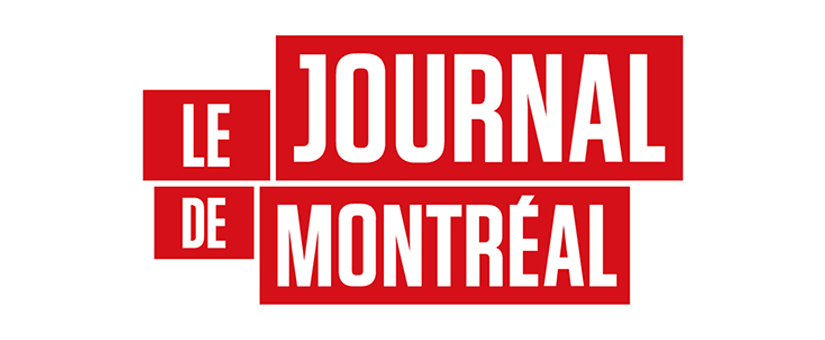- 14 November 2023
- /
- Medias, News
Some factors known as “protective factors” can act as strengths to help an individual resist indoctrination and avoid being radicalized. From a prevention perspective, it is important to focus on consolidating such factors both in the person in question and in the individual’s surroundings.
How should I respond if I observe radicalization taking place ?
The often complex process of radicalization can give rise to feelings of powerlessness and distress, especially in people close to a radicalized individual or one who is in the process of becoming radicalized.
Our first piece of advice : Be compassionate, and avoid acting too quickly. If you suspect a loved one, acquaintance or person you know may be becoming radicalized, the CPRLV suggests you adopt the following behaviours :
- Show respect and empathy for the individual, as well as a willingness to listen without any preconceptions: this will help create an atmosphere conducive to the development of a trusting relationship and meaningful connection.
- Avoid calling into question or challenging the person’s values and beliefs. Otherwise, you may cause the person to become defensive and completely closed off to your attempts at intervention.
- Choose a good time and place for an frank, compassionate conversation based on your assessment of your relationship together.
- Concentrate on opening up the lines of communication so you can gather the desired information tactfully and sensitively without arousing the person’s distrust or causing them to withdraw into themself. Be careful not to adopt policing behaviours that could cause the individual to feel they are under surveillance or suspicion due to their behaviour or beliefs.
- Be vigilant and monitor how the situation evolves.
- Get help from the CPRLV support staff, who will be able to advise you and provide you with specialized support.





